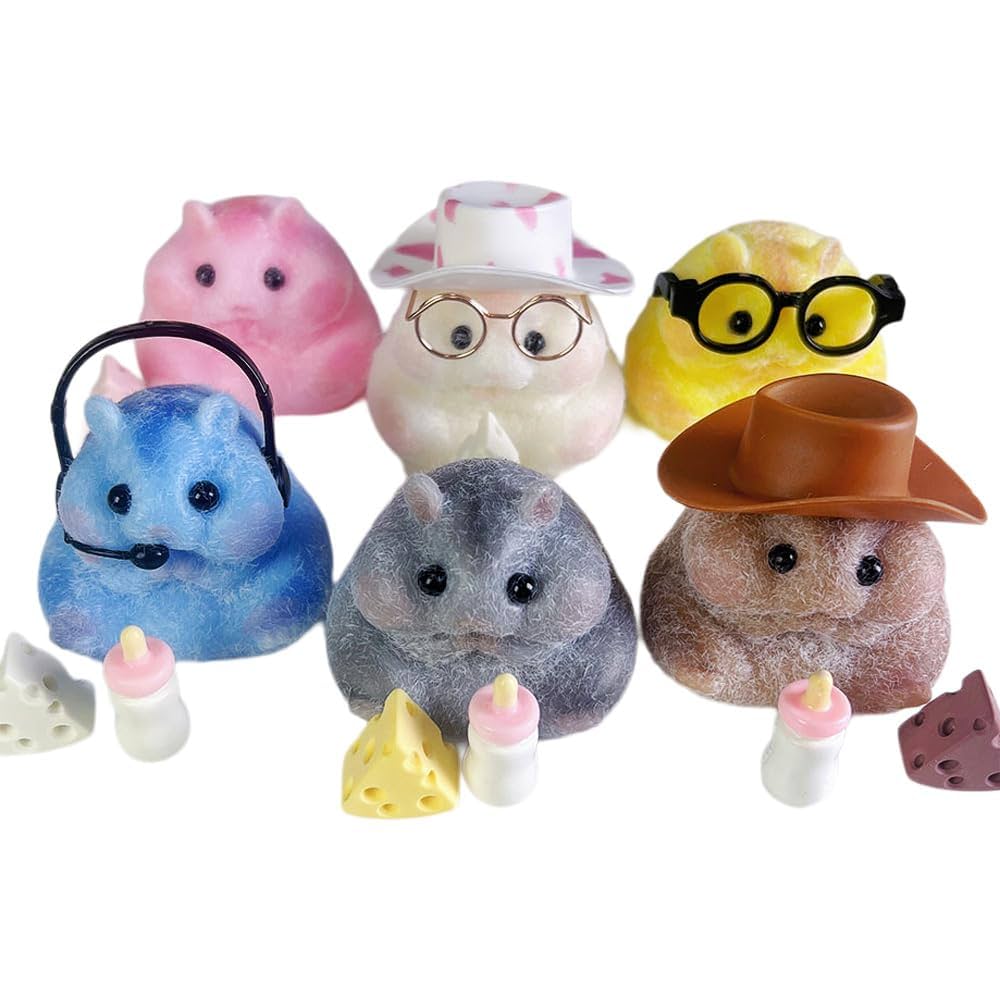“`html
Top Family Hamsters for Emotional Support
Did you know that small pets like hamsters can significantly improve our emotional well-being? Research suggests that interactions with pets can reduce stress, alleviate feelings of loneliness, and even lower blood pressure. For families seeking emotional support, particularly those with children, hamsters emerge as an ideal choice. These lovable creatures not only provide companionship but also foster responsibility and nurture a sense of empathy in kids. In this article, we will explore the top family hamsters that are perfect for emotional support, their care requirements, and valuable insights into their behavior.
The Importance of Emotional Support Animals
Emotional support animals (ESAs) provide companionship and help alleviate various mental health issues. While many people think of dogs and cats as the primary ESAs, small animals such as hamsters are also excellent emotional companions. They are easy to care for, affectionate, and fun to play with, making them ideal pets for families. Here are a few key benefits of having a hamster as an emotional support animal:
- Bonding Experience: Hamsters can help strengthen family bonds as everyone shares in their care and playtime.
- Stress Relief: Interacting with hamsters can be a calming and therapeutic experience, reducing anxiety and stress.
- Teach Responsibility: Taking care of a hamster teaches children the importance of responsibility and empathy towards animals.
Top Hamster Breeds for Families
1. Syrian Hamster
The Syrian hamster, also known as the golden hamster, is one of the most popular pet hamster breeds. They are known for their friendly demeanor and manageable size, making them ideal pets for families.
Characteristics
- Size: 5-7 inches
- Lifespan: 2-3 years
- Temperament: Gentle and friendly
Care Tips
- Provide a large cage with plenty of enrichment items.
- Daily handling helps to socialize them.
- Feed a balanced diet of hamster pellets, fresh vegetables, and occasional treats.
For more insights on pet care, check out this helpful article.
2. Dwarf Hamster
Dwarf hamsters are smaller than their Syrian counterparts and come in various species, including Campbell’s dwarf, Winter White, and Roborovski. They are generally social animals that enjoy companionship, making them great family pets.
Characteristics
- Size: 2-4 inches
- Lifespan: 1.5-3 years
- Temperament: Active and social
Care Tips
- They can be housed in pairs or small groups of the same species.
- Ensure they have a safe environment to play and explore.
- Regularly clean their cage to maintain hygiene.
3. Chinese Hamster
The Chinese hamster has a unique long, slender body and a tail, making it stand out among various hamster breeds. They are friendly and can be a little more reserved, providing a calming presence for emotional support.
Characteristics
- Size: 4-5 inches
- Lifespan: 2-3 years
- Temperament: Gentle and curious
Care Tips
- Best kept alone due to territorial nature.
- Require a multi-level cage for climbing and exploration.
- Feeding a varied diet is crucial for their health.
For more detailed information on accommodation and care for hamsters, visit this link.
Understanding Hamster Behavior
Understanding the behavior of hamsters is essential for providing the best emotional support. They are nocturnal animals, which means they are most active during the night. This characteristic is important for families to consider, especially if they want to spend time with their pet after school or after work. Here are some common behaviors observed in hamsters:
- Exploring: Hamsters love to explore their environment, so providing tunnels and toys can help keep them engaged.
- Burrowing: They are natural burrowers and enjoy creating nests, so providing bedding material is crucial.
- Chewing: To keep their teeth healthy, hamsters need chew toys to gnaw on.
Preparing for a Hamster
Welcoming a hamster into your family involves preparation. Here’s what you need:
Cage Setup
A suitable cage should be spacious and escape-proof. A wire cage or a glass aquarium with a secure lid works well. Provide bedding, hiding spots, and toys to create a stimulating environment.
Dietary Needs
A balanced diet includes commercial hamster pellets, fresh fruits, and vegetables. Avoid feeding them citrus fruits as they may cause stomach upset.
Health Check
Regular vet check-ups help ensure your hamster is healthy. Be observant of their behavior; changes may indicate health issues.
Conclusion
Choosing the right pet for emotional support can significantly enhance family dynamics. Hamsters, with their charming personalities and manageable care requirements, are an excellent choice for families looking to foster responsibility while providing companionship. Their benefits extend beyond mere presence; they help teach children the value of caring for another being and can offer comfort and joy during tough times. As we’ve explored, Syrian, Dwarf, and Chinese hamsters all bring unique qualities that make them exceptional family pets. So, if you’re considering welcoming a hamster into your home, prepare adequately, and you’ll find a delightful furry friend who will enrich your family’s life.

“`
